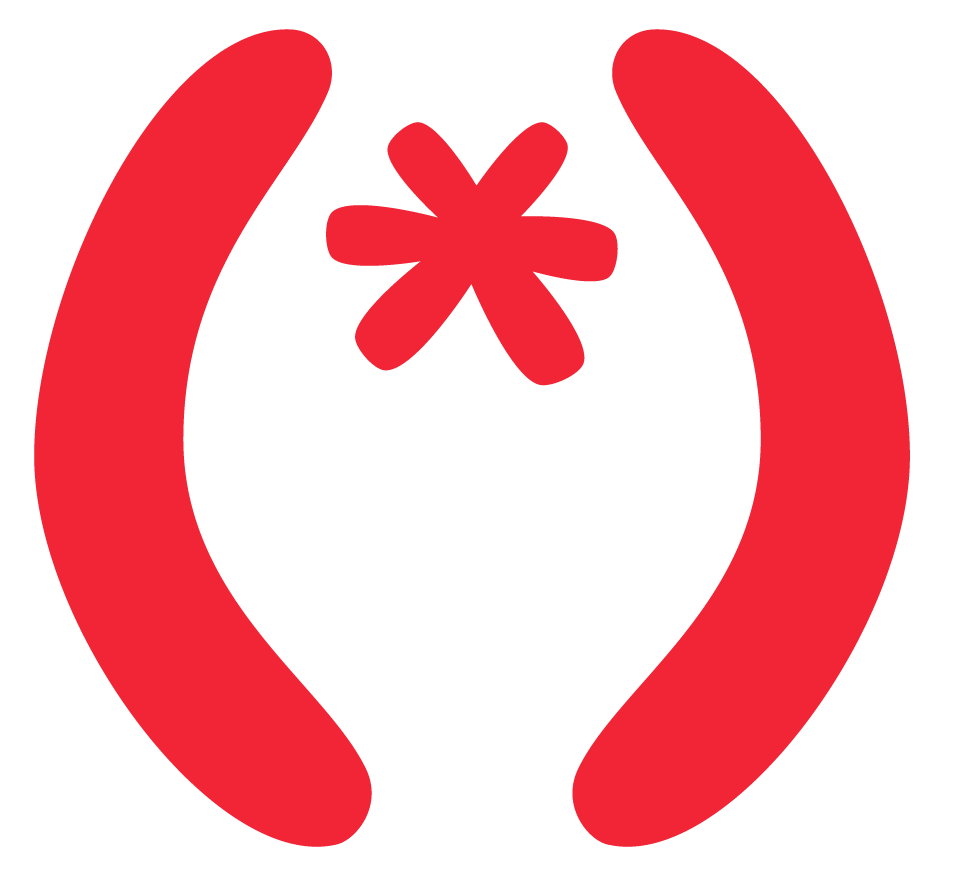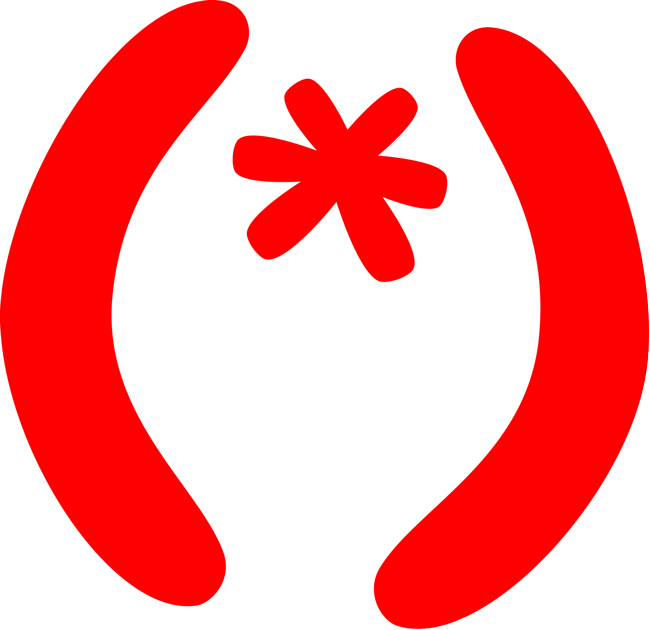AS MOTHERS
Words by Savanah Ramirez | Art by Stacey Mejía
As mothers, we are obligated to sacrifice little pieces of ourselves, so that our children can understand where they come from, and how much they mean to us. As we chip away at fragments of who we were before we take on this identity of caregiver, we are expected to remain stoic and put on an unwavering face of sturdiness to provide a safe place for our children. "Mija, you must be planchada y descansando porque no one will ever take you seriously if you don't afford yourself that same luxury." This is a proverb that has trickled its way down through at least four generations of Chicanas carrying the strength of our bloodline within my family. From the time I was small, my great-grandmother sought to instill a great sense of yearning for education and the need to progress into an academic state of enlightenment.There were generational gaps amongst me and the women I loved as a child, and I sought to understand them in an effort to love them in the ways that they needed; in the ways that no man ever could. To be a woman warrior you must bear the weight of the shield and guilt of not conforming to machismo. For generations, Chicanas have braved unknown terrain in order to provide emotional as well as physical safety and security for our families, all the while with men while our men stand behind us and chew on our skirts in expectancy. But a heavy skirt makes for an immobile woman.
Our matriarch, mi bisabuela, expected that we all exhume the ancient grace that we were born with as women and reflect that with our outer appearance. Historically speaking, the women of my community have taken the brunt of it all...the expectations of men and society serving as lead shoes and making every move forward excruciatingly painful. Nevertheless, we've marched on. The women of my family were indeed taught to shatter glass ceilings, but then sweep up the glass afterward so as to not injure our children on the shards of broken dreams.
As a child, my parents were largely absent from my life, both emotionally and physically. They had fallen victim to their own trauma and addictions. I was too young to remember their separation, but I never wanted them to be together like many other children wished for. I knew that my father and mother were fire and gasoline and I already struggled with accepting their selfish ways when it came to my needs as an adolescent, the last thing that I needed was for them to become overwhelmingly codependent on one another yet again. From the minute I was born, Ani and Wella (my paternal tia y Abuelita) knew that my parents would never be willing to step up to the plate for me, and so they took me in as their own. As did my great-grandmother. To say that I grew up without love would be a complete and utter lie, I was supplied with an abundance of adoration and warmth from these women, and they made many sacrifices to make sure that I had what I needed because they believed in my future. At times, I must admit that I was bull-headed and self-pitying, but now as a mother, I have grown to understand that their intentions were always pure and steps were taken in order to protect me from any self-destruction that my parents would often bring about. I cannot say that my birth mother taught me how I love my child, however, my grandmother, great-grandmother, and countless aunts and great aunts have. The patience and grace that I grew up witnessing as they raised their children and myself is truly something that I admire about our culture.
“The women of my family were indeed taught to shatter glass ceilings, but then sweep up the glass afterward so as to not injure our children on the shards of broken dreams.”
As a Chicana feminist, I choose to reject the angry ways of machismo and Chancla Culture but instead make the conscious decision to be slow to anger and quick to reassurance when disciplining my son. I was an intelligent child, very aware of my surroundings and the cultural lines in which I constantly had to toe; and because of this my mothers afforded me an admirable amount of dignity and trusted that I was mature enough to determine my own path (with a little assistance, of course). I say all this to say that children deserve dignity. Children are intelligent, enlightened human beings, and are perhaps the purest of heart. Instead of rushing to punishment for fear of disobedience we must listen, and empathize.
How could I ever successfully raise my son to know who he is when my own identity stands unaffirmed and in question because I lack the strength to stand tall and dignify who I am? Being raised by such powerful women, I was given the tools not to know exactly who I am, but seek out my own identity along the path that I have chosen, riddled with familiarity through shared battles of transgenerational triumph. Mi bisabuela, Mis tías, Mi Abuela y mi Madrina have all paved the way for me to embark on a beautiful journey so that I may explore my inner self in ways that they were not able to. Honoring their many sacrifices as mothers to provide and work is part of embracing where I come from. You love people for their style faux pas and clumsy stumbles, not just in their moments of glory.
I believe fiercely in the power of communal mothering and shared wisdom from the elders. As a mother, I now realize that my son must see that although I am not always put together, planchada y descansando-but rather very messily strung together and struggling to catch my breath in order for him to appreciate all that I've done to offer him the childhood he deserves. And it is through this realization that I am clearing the path for my son and this family onto better things while loving everyone with the fierce grace of the generations before me.


